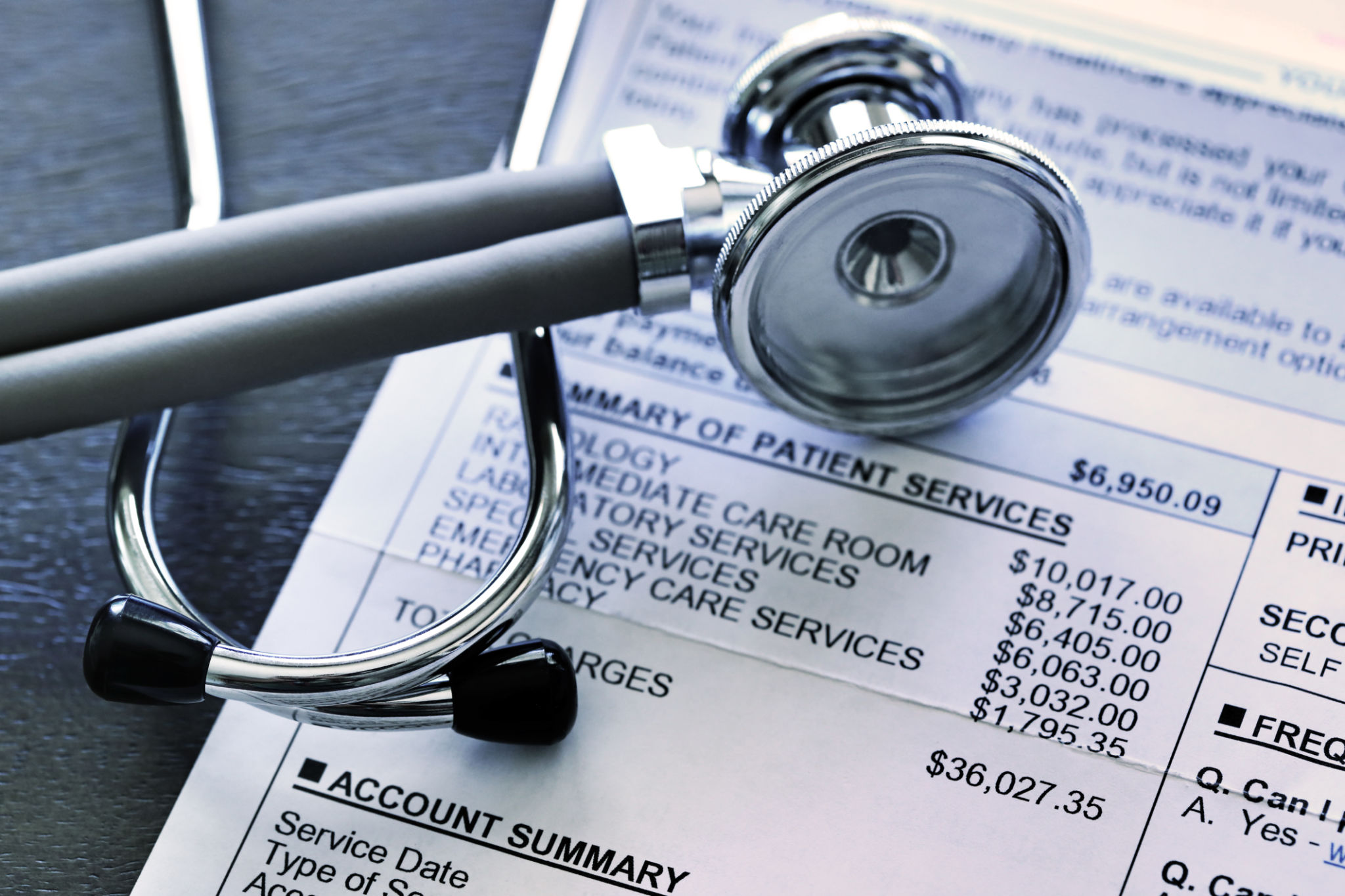Avoiding Common Mistakes in Medical Billing: Insights from Littleton Experts
Understanding the Importance of Accurate Medical Billing
Medical billing is a crucial aspect of healthcare administration, ensuring that healthcare providers are compensated for their services. However, inaccuracies in billing can lead to significant financial losses and strained patient-provider relationships. To mitigate these issues, understanding common mistakes and how to avoid them is essential.
Errors in medical billing can result from a variety of factors, including clerical errors, incorrect patient information, and misinterpretation of insurance policies. By focusing on precision and accuracy, healthcare providers can maintain a smooth revenue cycle and provide better service to patients.

Common Mistakes in Medical Billing
Incorrect Patient Information
One of the most frequent mistakes in medical billing is incorrect patient information. This can include errors in names, contact details, or insurance information. Ensuring that all patient data is accurate and up-to-date is crucial in preventing billing errors.
Implementing a double-check system before submitting claims can help minimize these errors. Additionally, training staff to verify patient information during each visit can significantly improve billing accuracy.
Mishandling Insurance Claims
Insurance claims can be complex, with various policies and coverage details to consider. Mistakes such as coding errors or misunderstanding policy terms can lead to claim denials or delays. It is important for billing professionals to stay informed about the latest insurance guidelines and coding updates.

How to Prevent Common Billing Errors
Utilizing Advanced Software
Adopting advanced billing software can greatly reduce the likelihood of errors. These systems are designed to flag discrepancies and ensure compliance with the latest coding standards. By integrating technology into the billing process, healthcare providers can streamline their operations and enhance accuracy.
- Automation: Automate repetitive tasks to minimize human error.
- Updates: Regularly update software to comply with policy changes.
- Training: Train staff on software use and new features.
Continuous Staff Training
Ongoing education and training for staff involved in the billing process are vital. Regular workshops and seminars can keep employees informed about new regulations, coding changes, and best practices. Empowering staff with knowledge and skills can lead to fewer mistakes and more efficient billing procedures.

The Role of Professional Billing Services
For many healthcare providers, partnering with professional billing services can be a game-changer. These experts offer specialized knowledge and experience that can help prevent common mistakes and optimize the billing process.
Outsourcing billing tasks to a professional service allows healthcare providers to focus on patient care while ensuring that their financial operations run smoothly. This partnership can lead to improved accuracy, faster claim processing, and increased revenue.
Conclusion
Avoiding common mistakes in medical billing requires diligence, training, and the right tools. By prioritizing accuracy and seeking expert insights, healthcare providers can enhance their billing processes and ensure financial stability. Whether through advanced software or professional services, investing in effective billing solutions is crucial for success in the healthcare industry.
